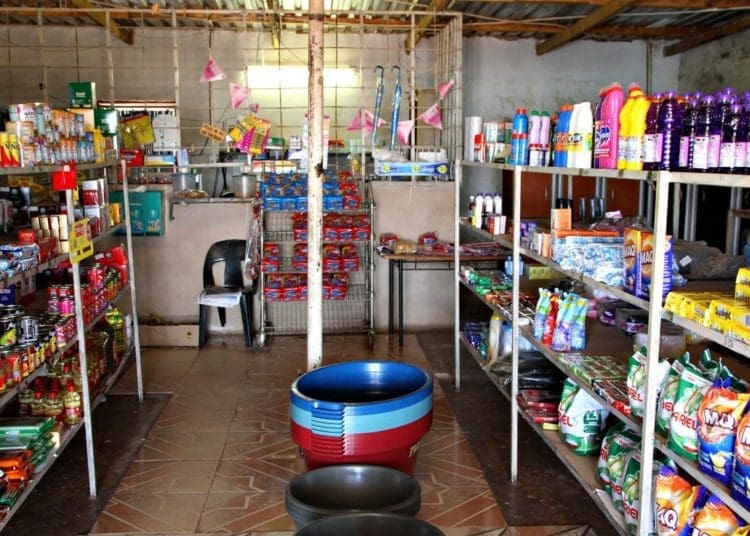The retail sector has the potential to play a crucial role in boosting the country’s economy even more, but it must include smaller players to have that impact, according to National Retailers’ Forum chairperson Modipadi Moganedi.
She told a Retail Trade Colloquium webinar hosted by the National Union of Municipal Chambers of Commerce and Industry, and the Limpopo Chambers of Commerce and Industry earlier this month, that for this to happen, these businesses needed to transform.
“Retailers must not operate using old retail strategies. For example, if we compare our township and rural retailers with chain stores, there are noticeable differences. Larger chain stores have someone who is responsible for bulk purchasing, marketing, sales, human resources and other departments,” she said.
“In our case… you find that a retail shop owner is (doing) all of these roles on their own. Retailers should equip themselves with basic retail management skills so that they can be empowered to grow their retail stores.”
The seminar discussed how to include spaza shops, shebeens and hawkers in the retail supply chain and improve local ownership, productivity and profitability.
Moganedi stressed the importance of township and rural retail shops banding together to create greater buying and negotiating power. “If we buy together, we will be able to bargain for cheaper prices and the suppliers will be able to respect us. This will also help us have more bargaining power when we go buy stock and negotiate finances with banks, amongst other needs.
“This will also help retailers to get involved in the value chain. We can get involved in the manufacturing, distribution and wholesaling of our own products,” she said.
She told the seminar that retailers needed to be tax compliant as they would benefit from government incentives.
“When they talk about the supply of goods to government institutions, retailers are not aware that this opportunity was designed specifically for them,” she said.
“It is painful to realise that most of our member retailers did not even know that they can get assistance from institutions like the Small Enterprise Development Agency and the Small Enterprise Finance Agency.”
She reminded the seminar that legislation would not change, and it would remain difficult for these businesses to enter the formal retail market, if they did not speak up and explain what assistance they needed to get a foot in the door.
































































